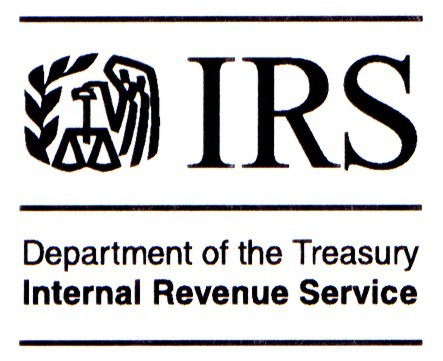You helped your clients prepare and file and it looks like you’ve survived another tax season. Then, your client gets a notice from the IRS.
Tax notices may be sent for many reasons and are almost inevitable. Perhaps there was an error in filing, or your client was missing some documents. Maybe there was an issue on the IRS’ side. Whatever the case, it should be handled quickly and with care.
When you or your client receive the notice, the first thing you should do is check it against your client’s records and the forms you filed on their behalf. Make sure all payments have been correctly accounted for and there is no missing information. If there are any discrepancies, work with your client to identify the cause. Did they forget to provide you with documents or information? Was there a software or hardware glitch? Was an error performed during the filing process? The sooner you are able to identify the reason for the notice, the sooner you and your client can get it resolved.
Once you have checked the notice over with your client, prepare to respond quickly. Many tax notices will have a deadline to reply and missing the deadline could do more damage, especially if the initial notice had a fairly easy resolution. If the tax notice calls for additional documentation, be sure to work with your client to gather it well before the deadline. You want to give the IRS enough time to process the documentation before the deadline. Likewise, if you are appealing a notice, you want to do so in ample time to avoid being hit with any additional penalties or fees.
Any correspondence to the IRS should include a cover letter with your client’s Employer Identification Number, the tax year, tax notice number, and a list of any enclosed documents. Each enclosed page should be numbered and also include your client’s EIN. Be sure to clearly state your purpose – supplying the requested information, requesting an appeal, etc. The goal is to get the matter resolved as quickly and effectively as possible. Sending documents without any reference to what they are for, or vaguely requesting an appeal will only delay the matter and could result in your client inadvertently getting fined in the process.
Tax notices may seem daunting to your clients and a nightmare for your firm, but they don’t have to be. Remember to meet with your client and gather the necessary information upfront. Then, quickly respond to the notice, clearly stating your client’s position.
Thanks for reading CPA Practice Advisor!
Subscribe Already registered? Log In
Need more information? Read the FAQs
Tags: IRS





